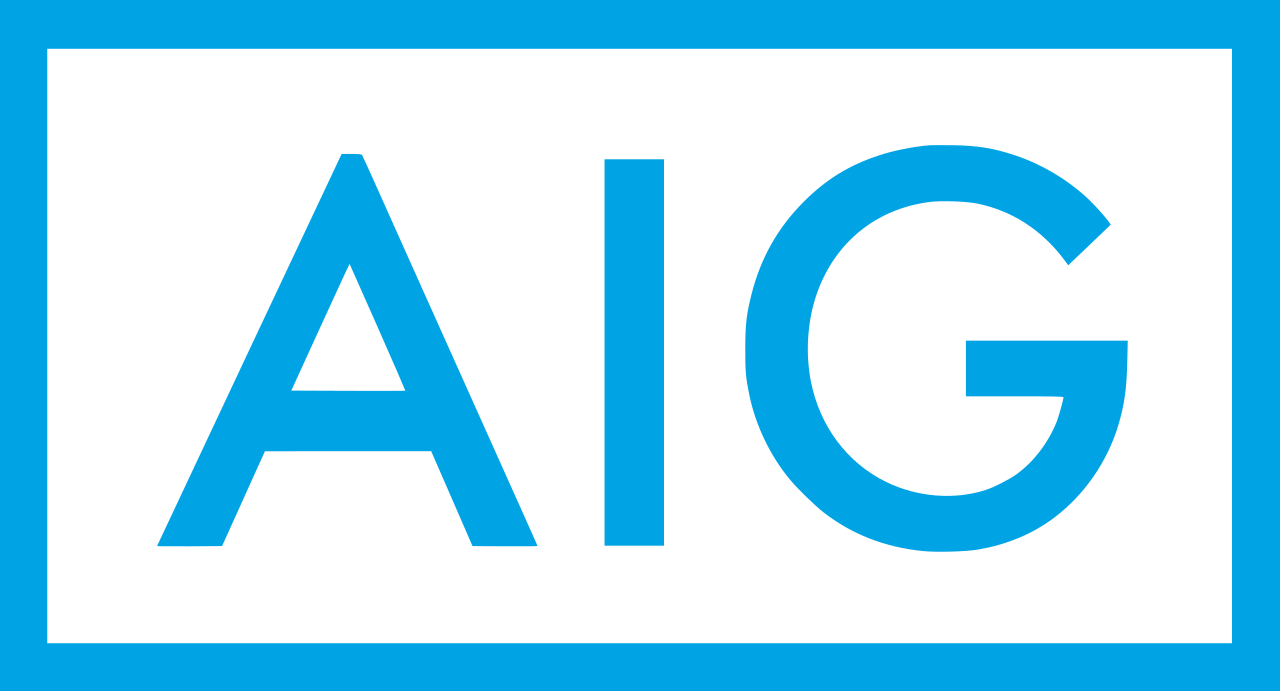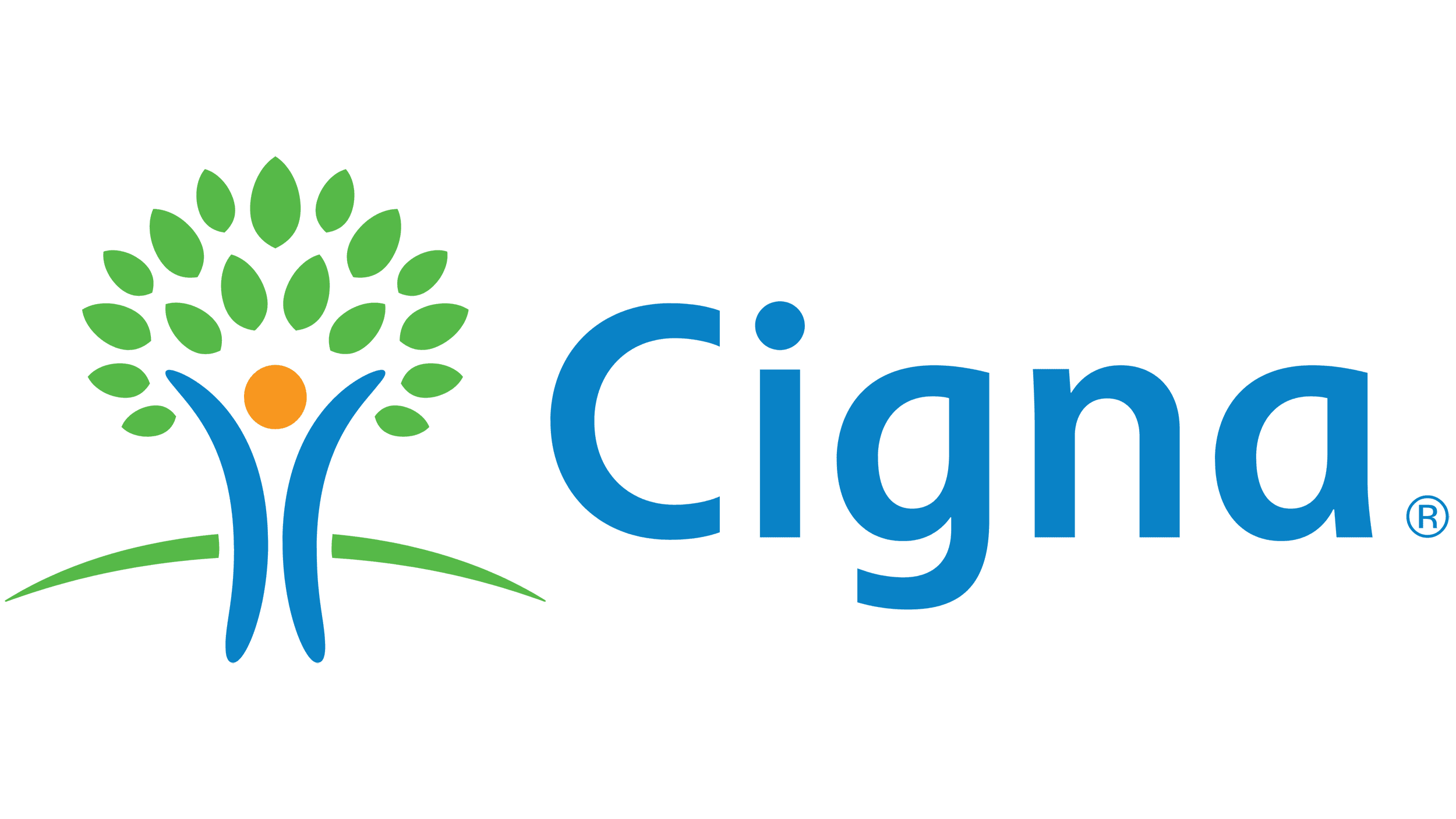
Top 10 FAQs About Life Insurance Answered: Your Ultimate Guide
At American Eagle Insurance, we believe that life insurance stands as a pillar of financial security, offering protection and peace of mind for your loved ones in the unfortunate event of your passing. However, navigating the world of life insurance can be daunting, often leading to numerous questions. To simplify this process, here are comprehensive answers to the top 10 frequently asked questions about life insurance:
1. What is life insurance, and why do I need it?
Life insurance is a financial product that provides a payout, known as a death benefit, to designated beneficiaries upon the policyholder's death. It's essential because it offers financial security to cover funeral expenses, outstanding debts, income replacement, and supporting dependents.
2. How much life insurance coverage do I need?
Determining the right coverage involves evaluating your family's financial needs, outstanding debts, future expenses, and income replacement. We can help you figure this out but typically speaking, most people consider providing their loved ones with at least 6 months of living expenses.
3. What types of life insurance policies are available?
There are two types of life insurance policies: Term and Permanent. Term is just as it sounds, it's for a term of your life. Permanent insurance is for your entire life. There are two types of permanent coverage. There's Whole Life and I'm sure that you've heard of this before and then there's a policy that combines the best of both Term and Whole Life called a Universal Life Insurance Policy.
4. How does the life insurance application process work?
The process involves completing an application over the phone or on zoom, waiting for the application to be processed by underwriting and picking a date for the policy begin. Approval timeframes vary by carrier but typically, policies take 2 weeks from application to issuance.
5. Will my health affect life insurance eligibility or premiums?
Health plays a significant role in life insurance eligibility and premium rates. Healthier individuals typically qualify for lower premiums. For those with pre-existing conditions, options like guaranteed issue or specialized insurers are available.
6. Can I change my life insurance policy after purchasing it?
That depends on the policy type but typically speaking, policy changes are possible, such as adjusting coverage amounts, converting term policies, or adding riders for extra coverage like critical illness or disability.
7. What happens if I stop paying premiums?
Lapsing a life insurance policy could lead to the loss of coverage. There might be grace periods or options to reinstate the policy or access its cash value.
8. Is life insurance taxable?
Generally, life insurance payouts are non-taxable for beneficiaries. However, specific situations may incur taxation, such as estate taxes for larger payouts.
9. Should I buy life insurance for children or elderly family members?
Yes! Everyone should have a life insurance policy. Buying a policy on children while they are still young and healthy will allow them to have a guaranteed insurability in the future which means that they can buy more coverage as adults even if they develop some type of pre-existing condition.
Elderly family members need Final Expense Whole l
10. How can I find the right life insurance policy?
Researching, comparing policies, seeking advice from insurance professionals, and considering personal needs and affordability are vital steps in finding the right policy.
Understanding these frequently asked questions about life insurance empowers individuals to make informed decisions and select policies aligned with their financial goals and family's needs. By addressing these concerns, the path to securing the right life insurance becomes clearer and more manageable for anyone seeking this essential financial protection.






